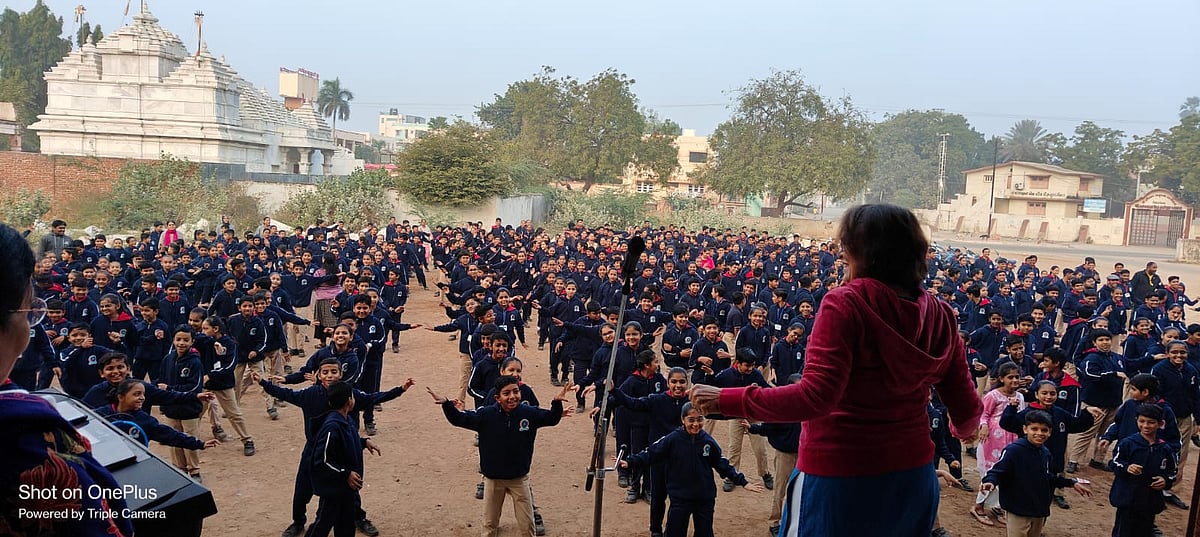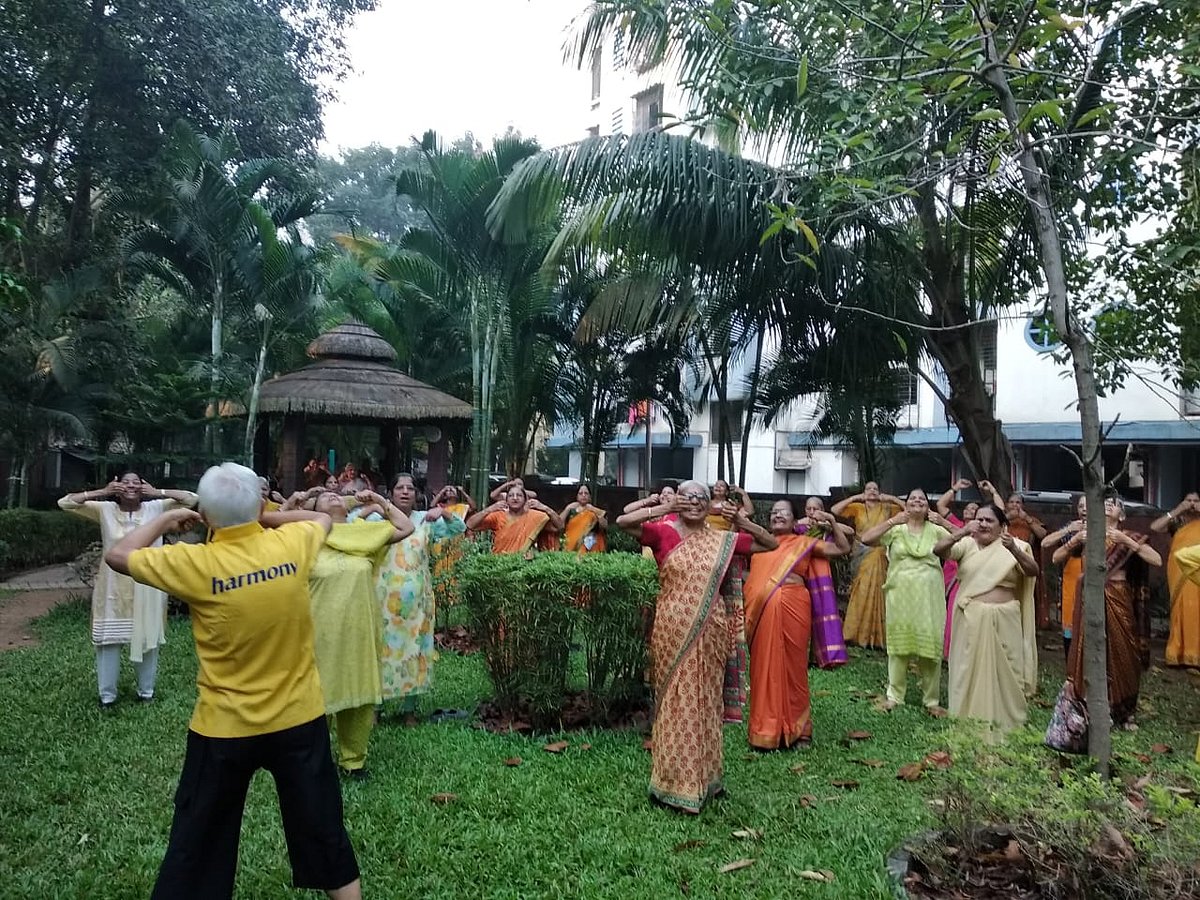Mumbai: The city of dreams, without any exaggeration, can also be called the city of laughter as the celebration of World Laughter Day actually started from Mumbai. Mumbai has been celebrating laughter day since 1998, much before the West started celebrating it and the evolving laughter celebrations have reached to every area of the city with morning joggers also practising laughter therapy along with their exercise.

World Laughter Day was celebrated on May 10, 1998 for the first time in Mumbai and it was org.sed in a public park in Borivli by a practising physician Dr Madan Kataria and since then, this day is celebrated on the first Sunday of the month of May. At every public and private park in the city, we can witness a group of joggers and also others starting their day with an open-hearted laughing session. Fitness enthusiasts, specially senior citizens, join to indulge themselves in a light workout session and end their workout with a session of pure laughing.

Laughter therapy coaches say that laughing brings effects to the body which is not possible by physical exercise. Kishore Kuvavala (77), a former cricket coach, has been practising laughter therapy since 1995 and had org.sed a laughter competition at the Priyadharshini Park in 1996 which attracted 800 participants. He org.ses free laughter therapy sessions at the Girgaum Chowpatty on Tuesdays, Thursdays and Saturdays. He told the Free Press Journal that laughter releases feel good hormones and shows instant effects.

“Laughter improves oxygen intake and while also improving the health of lungs, it enhances dopamine and serotonin activities, which makes one feel better. Instantly, a person can feel good, charged, energetic and young. If one person follows laughter therapy, it brings happiness to the entire family. Laughing also attracts people, which results in communal harmony as well as national integration. Along with bank balance, we should also focus on increasing our happiness balance,” he said.

From 1998, the Juhu Laughter Club has been org.sing laughter therapy sessions every morning at Juhu beach. Around 80 people join the session for physical exercise, including napping, balancing and yoga asanas followed by a session of laughing exercise. The group also invites special speakers including doctors, astrologers, motivational speakers on Sundays to speak and enlighten the members about a wide range of subjects.

Haresh Modi (70), a member of the Juhu Laughter Club, said, “Everyone has their own set of problems in their lives but laughter therapy helps us forget about all those problems, at least for the time we are practising therapy. Everyone likes watching a smiling face and laughter therapy is the best way to practise laughing without the need of humour. Earlier we used to practise only laughing therapy but gradually we changed it to physical exercise followed by a happy ending.”

In the eastern suburbs, Mulund has three major laughter clubs functioning with around 300 members. Kishan Chain., a retired bank officer, had started Hariom Laughter Club in 1995 at Hariom Nagar in Mulund (E) and then started another club at Sambhaji Garden also in Mulund (E) in 2005 and then the Mulund Manoranjan Laughter Club in 2014.

The participants of these laughing sessions are not only members of the club, but it has evolved to become a community in itself. The Mulund Manoranjan Laughter Club has 151 members and they celebrate all festivals and birthdays of the members together, which generates a feeling of harmony and love among the members.
Said Bhagwan Gaikwad (62) , a retired professor and a member of Mulund Manoranjan Laughter Club: “A one- hour morning routine everyday which includes exercise and laughing therapy. The best part of the morning workout is the laughing therapy as we forget all our worries and also improves our mindset. Laughing is the best medicine and we have seen it in a young specially abled member of our group who has shown improvements since he has started practising laughter therapy with us.”
The Covid-19 pandemic had taken a toll on these laughter sessions but it also opened a new door for them. The laughter therapy sessions shifted online and even after the pandemic restrictions were withdrawn, the online sessions continue to be org.sed to let people from across geography participate in laughing.
Farida Mesiwala (57), who was a corporate training manager, got certified as a laughter yoga therapist during the pandemic and continues to conduct online sessions till date. “There is not much difference between online and in-person sessions since all we need to do is laugh like a child, barring all the conditioning we have done to our brain. After the pandemic, the laughter yoga sessions have shifted offline but there are a lot of people who want to participate from the comfort of their location and time,” she said.